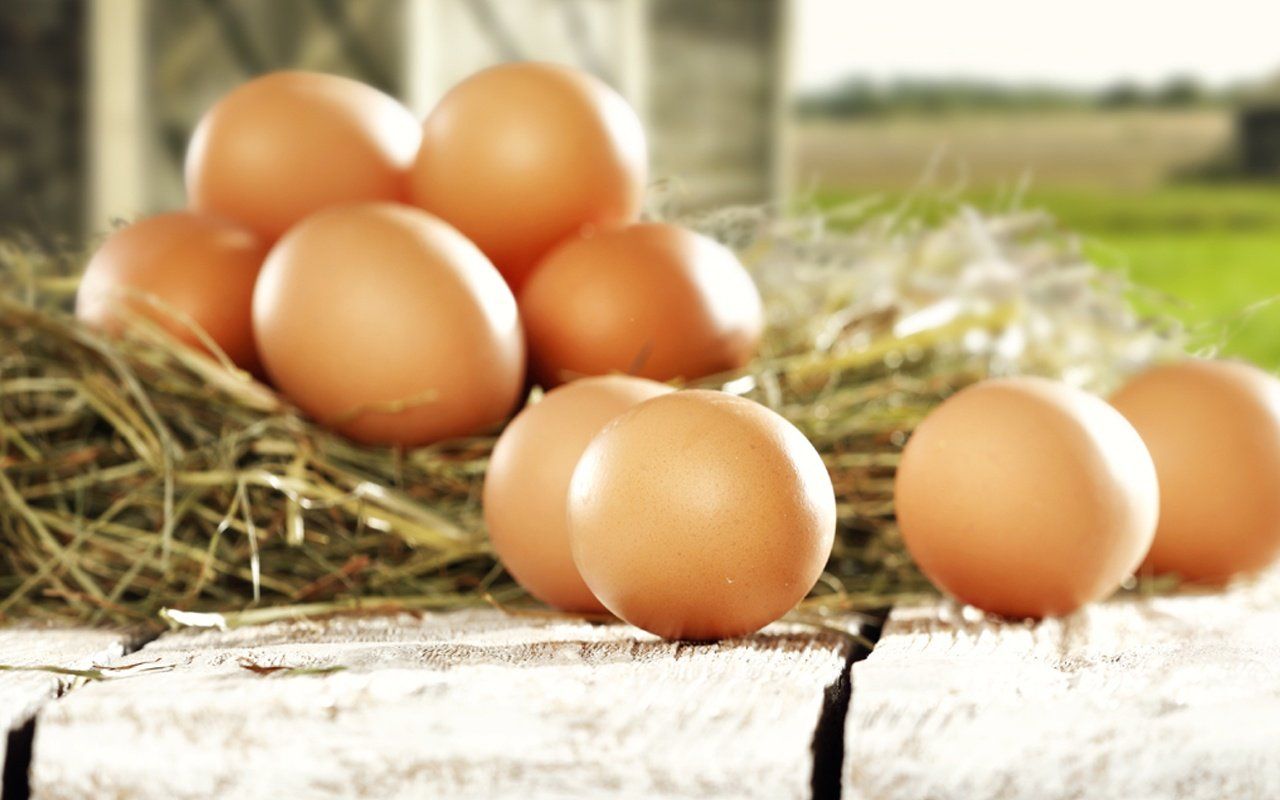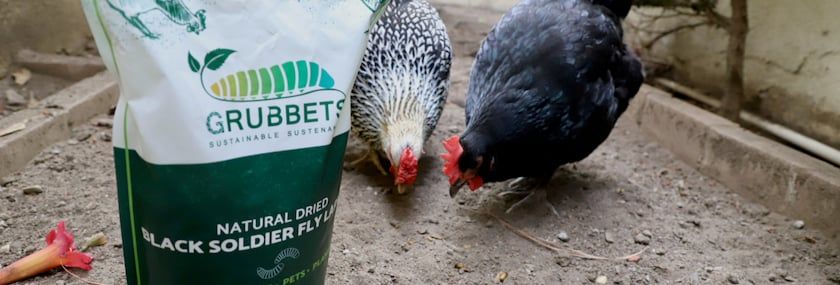Two Paths to Organic, Farm Fresh Eggs


How you transition to organic production depends on whether you are producing eggs for your family or for sale.
Spring is an exciting time for chicken raisers. For families just starting with chicks, it signals new life and new projects. Experienced raisers feel similar excitement when hens start producing more eggs as days get longer. For both, it’s a good time to evaluate whether to produce organic eggs.
What’s the Difference Between Conventional and Organic Eggs?
“No matter where you are in your chicken raising journey, it’s always possible to produce organic eggs in your backyard,” says Patrick Biggs, Ph.D., a flock nutritionist for Purina Animal Nutrition. “The first step is deciding if you want your flock to be conventional or organic. Both options are fun for the family, good for the environment, and produce healthy, nutritious eggs. The difference comes down to the feed you choose.”
Biggs explains both traditional and organic feed options provide the same nutritional value. However, organic feed ingredients are sourced differently.
“For a feed to be considered organic, all ingredients must be raised and manufactured according to the requirements established by the National Organic Program,” he says.
Feeds that meet these criteria are typically certified by the U.S. Department of Agriculture (USDA) and will carry a seal or statement from the certifying agency that verifies their authenticity.
“Two reasons to transition to an organic feed are to produce eggs for your family from organic-fed hens and to market certified organic eggs,” Biggs says. “The distinction between these two options is very important and will impact your transition process.”
Producing Eggs for Your Family
If you are looking to produce eggs solely for your family and friends, the process is simple.
“To produce eggs from hens fed organic feed, you can start chicks on organic starter-grower or transition to an organic layer feed later in life,” he says. “If you are making a transition, the process can happen quickly. Simply mix organic feed with your previous feed over the course of 7–10 days.”
Start by sprinkling a handful of the new feed on top of the flock’s current feed.
Over the next several days, increase the amount of organic feed being added each day. Stir the feeds together, so birds are eating both old and new feed.
By the end of the 7–10 day period, the feeder should contain only the organic feed. From there, you can begin collecting organic eggs to eat or hatch.
Biggs emphasizes this process results in eggs from hens fed organic feed, but the birds and their eggs are not considered “certified organic.”
Selling Certified Organic Eggs
The second reason for feeding organic feed to chickens is to sell certified organic eggs. Biggs outlines this process as a longer commitment with specific requirements.
“If you would like to start a certified organic flock, the rules are more in depth,” he says. “The USDA requires that for farm fresh eggs or meat to be certified organic, it must be from birds that have been under continuous organic management beginning no later than the second day of life.”
This means chicks must be fed organic feed from the beginning for farm fresh eggs to be considered fully organic. Organic poultry, including birds used for meat or eggs, lose organic status if they are removed from the organic farm and managed on a non-organic operation. You can return them to organic feed, but they cannot be rotated back into certified organic production.
In either case, Biggs emphasizes the choice to feed traditional or organic feed comes down to personal preference.
“No matter the way you choose to raise your flock, it’s important to choose a complete feed that matches your birds’ stage of life,” he says. “Complete feeds—whether they are conventional or organic—are formulated to provide everything birds need. Feed a complete starter-grower feed to layer chicks from day 1 to week 18, and then transition to a complete layer feed at week 18 or when the first egg arrives.”
For more information on organic chicken feed, visit PurinaOrganicFeed.com. For information and events related to starting an organic flock, visit PurinaChickDays.com or connect with Purina Poultry on Facebook or Pinterest.
Purina Animal Nutrition LLC is a national organization serving producers, animal owners, and their families through more than 4,700 local cooperatives, independent dealers, and other large retailers throughout the United States. Driven to unlock the greatest potential in every animal, the company is an industry-leading innovator offering a valued portfolio of complete feeds, supplements, premixes, ingredients, and specialty technologies for the livestock and lifestyle animal markets. Purina Animal Nutrition LLC is headquartered in Shoreview, MN, and a wholly owned subsidiary of Land O’Lakes, Inc.

Chicken Whisperer is part of the Catalyst Communications Network publication family.








